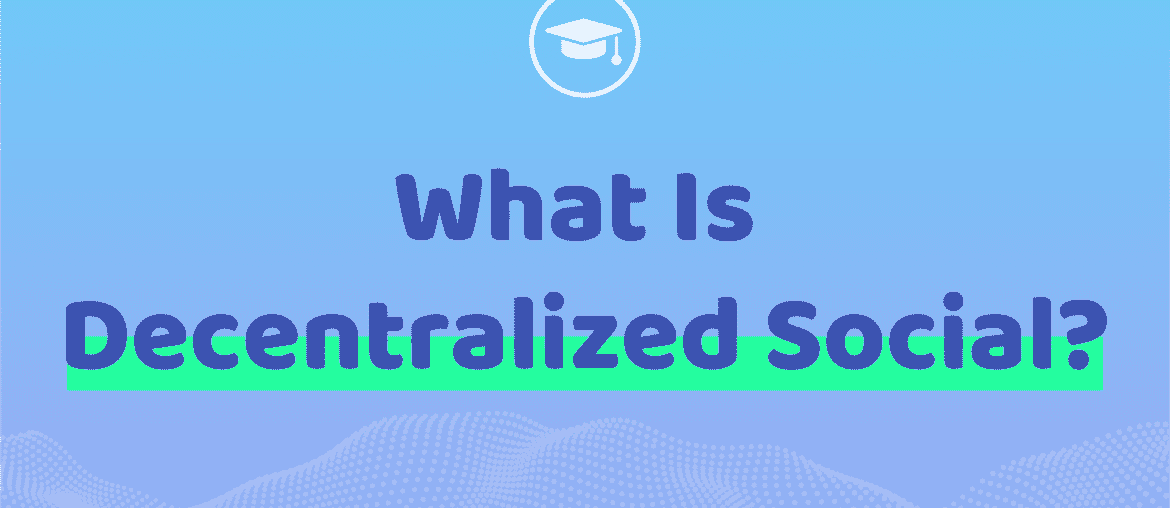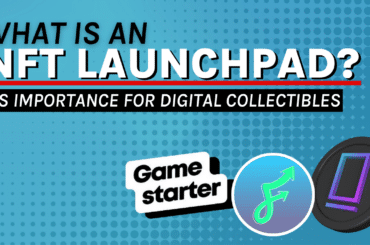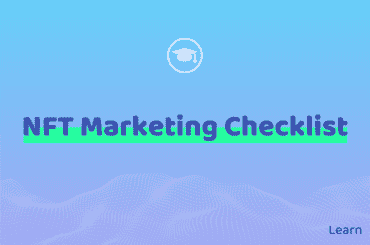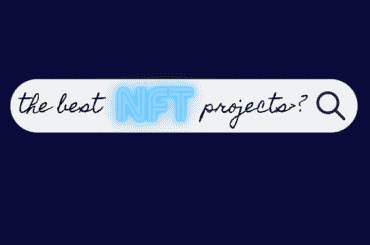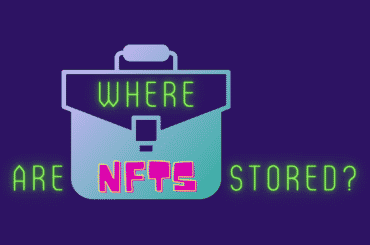The Decentralized Social (DESO) is hitting news headlines at a rapid pace. Announcing recently the expansion to 1.5 million registered users, the new, layer-1 blockchain is said to be “built from the ground up” with a goal to “scale decentralized social applications to 1 billion users.”
The numbers seem well on their way, with DESO gaining 64 percent value over the last 24 hours alone. But what is this DESO coin, and why is the phenomenon growing so quickly? Let’s take a deep dive into decentralized social, and what it means for the average user, major investor, or casual observer.
Table of Contents
The Challenge to Scale
Social applications seem to meet the same stumbling block when it comes to blockchain technology. The ability to scale is limited. Social applications generate a lot of data, and blockchains, as they typically exist, are not equipped to store and index it all.
In the case of DeSo, this was the main focus and goal. The entire blockchain was created in order to allow for scaling of decentralized social networks. The developers focused on this ability mainly to tap into the marketplace that blockchains have thus far remained unable to get into: social media platforms.
Decentralized Social Media
In order to create a system of decentralized social networks, a blockchain had to be built to sustain the level of scale (and thusly influx of data) that comes along with it. Not only was DeSo built to handle the challenge, but the company also allowed for room for others to join in.
The DeSo platform is 100 percent open source code, with 100 percent on-chain open data. This means absolutely all of the coding and data are totally open, and all of the content is stored directly on-chain.
While big tech has brought about the science, how to apply these concepts is being left to the peers. Operating on a decentralized blockchain gives nearly anyone a chance to have a hand in shaping the future.
Blockchain Based Social Networks
To understand not only the science to the reasoning behind the efforts of DESO, a traded crypto currently available on a variety of marketplaces, it is best to start with the basics. What is a blockchain and how does it work with social media platforms?
Blockchain Science
If you are not yet familiar, the concept behind decentralization in general operates on what is called the blockchain. This complex system operates not only as an open, public ledger of sorts, but also represents a value that many users are finding more and more needed.
Firstly, the blockchain is a series of data “blocks,” linked together in a “chain,” strung together. These blocks of data are immutable, and thusly cannot be changed by any one for any reason.
The data privacy is upped by this built-in security, not to mention the added transparency of having an open, viewable ledger showing each and every transaction in the chain. However, the tech doesn’t stop there.
Blockchain Values
Blockchains also provide the ability to remove a central authority. No centralized servers are required. No centralized authority has the power to oversee or “govern” the space. In other words, there is no single power.
If you are remotely familiar with the Internet of today, it is largely controlled by Big Tech. A handful of powerful companies control much of our personal information, comings and goings, and behavioral trends, holding the public keys to understanding the entire human race.
No government or corporation, no individual, nor investor can control an entire blockchain. Instead, it relies on the operations of a peer-to-peer, shared network. The public ledger offers a checks and balances system, where any user can take a peek at the comings and goings on the blockchain.
Enter DESO: Decentralized Social Networks
To fill this void, where a clear desire exists for an ability to socialize via networks not controlled by a central power, but to also harness a vast revenue stream of opportunity, the new platforms were born.
Decentralized Social, abbreviated DeSo, exchanged as a crypto DESO$, all have the same goal. They are all operated by the same, single blockchain.
The DeSo blockchain has several key features, touted largely and most focused on scalability. Much liked predecessors, such as the Ethereum network, DeSo offers users a chance to create their own applications, invest in projects, create and own NFTs, and interact socially all on the same blockchain.
Key Features of Decentralized Social Networks
There are many features that make DeSo unique to the marketplace. According to its homepage, DeSo offers:
- On-Chain Profiles: Every user’s profile is stored on-chain and is solely controlled by the user’s private keys, making your identity portable between all apps in the DeSo ecosystem.
- Social NFTs: NFTs minted on DeSo are associated with the artist’s profile, and can be shown off on the buyer’s profile, enhancing provenance while making them inherently social, and more valuable.
- Social Tokens: Every profile created on DeSo can have a social token attached to it. Social tokens on DeSo earn cashflows from NFT sales, and soon all forms of creator monetization.
- Social “Tipping” via Diamonds: Because DeSo is a blockchain, it’s never been easier to integrate money-native features like tipping into your app. Tips can be integrated directly with content, e.g. allowing users to give “diamonds” to posts rather than just “likes.”
- On-Chain Posts: Every post and reply is stored and indexed directly on-chain, meaning that your content is portable across all apps in the DeSo ecosystem. If one app’s algorithms aren’t showing you love, there are thousands of others that will instead!
- Continued Development: The DeSo core development team is relentlessly focused on using the power of blockchain to create as many new ways for creators to monetize as possible. And because DeSo is an open platform, every new feature becomes instantly available to thousands of developers who will invent new products we’ve never seen before.
Why a Decentralize Social Network?
Some may question the need for a new style of social networking. After all, aren’t we inundated with enough social media platforms as it is?
If the term social media brings to mind images of big tech such as Facebook, Instagram, Twitter, and TikTok, you may be picturing the very reasons some long for a decentralized “Facebook alternative” in the first place.
These traditional social media platforms are the institutional stance that those hoping for more freedoms, more control, increased security, and anonymity aim to get away from with decentralization.
Federated Networks in Practice
A federated social network is one that operates on a decentralized system, which is distributed across service providers. For example, it is similar to email but designed for social applications.
Other options for a decentralized social spaces include Fediverse or the IndieWeb.
In a general sense, any social application that is not centralized can be considered a federated network. They consist of multiple social sites, where users of each site communicate with users of any of the involved sites. From a society’s perspective, this change in concept, shifting away from corporate entities like Facebook, to that of making social media a public utility.
A social website participating in a distributed social network is interoperable with the other sites involved and is in federation with them. In the case of DeSo, for example, all of the applications work with the user’s profile. There is no need to log in and out of each one.
Communication among the social websites is technically conducted over social networking protocols. In the case of federated social networks, software is used for distributed the networking is generally portable so it is easily adopted on various website platforms. Distributed social networks contrast with aggregation services, which are used to manage accounts and activities across multiple discrete social networks.
The Focus of a Decentralized Social Network
As previously stated, there are many societal reasons for a new era of social media. Decentralized control means benefits in many ways for users.
These alternative platforms offer users a chance at free speech. Without content moderation, a decentralized platform like DeSo brings with it the freedoms many long for, but are lacking, in sites like Facebook.
Democratic decision making is made possible, as the digital assets of the platform are distributed amongst the users, and not a power held by a central corporation. Think about sites like Facebook or Instagram. These sites are making a hefty profit by sharing your personal information, which you are posting willingly and happily, each and every day. From your phone numbers to your locations, your personal information is out there, free for the analyzing. Its the main focus of such platforms and is part of what makes the Internet world go round.
The ironically named “private messages” for instance, on Facebook, are nearly anything but. Due to the terms of service, not much that you do online is private. Your own data is collected by a social media site and frequently sold to the highest bidder.
Censorship resistance is another reason new users are trending toward a decentralized system. Many do not wish for a single organization to be able to censor what they (or their peers) are saying. Other users, for instance, cite the exclusion of former President Donald Trump in this argument, stating that sites like Twitter should not be able to restrict users from open speech, nor should have such control over individuals.
The Downside of Decentralized Social Media Networks
While there are clearly many perks, there are just as many that are worried about the introduction of decentralized social media platforms. Some of the concerns about such concepts revolve around criminal activity.
Crime Doesn’t Pay
The lack of a central authority is a plus for many, but what are users to do about things like hate speech. Is that allowed? Is that controlled? Is that a price you are willing to pay for a free and open social platform?
Having your own social media site may sound like a fun opportunity, but as Spiderman was once told, with great power comes great responsibility. You may not be collecting personal data and audience insights for selling on the black market, but are you also able to offer account security? Are you able to track down real world identities in the event of a crime?
Tech giants like Twitter may be seen as a hinderance to many, but is a basic member of the human race able to provide the gatekeeping and safety requirements necessary for a smoothly operating space? Or is this new idea inevitably going to become the “Wild West” of the social world?
Are Limits Required?
Anyone that has used nearly any form of social media from big tech like Twitter to Facebook, knows that along with those platforms come piles of offensive content. Who defines what is offensive? Should everything be permitted? Are there any rules or limits?
Outside of breaking the rules of society, there are limitation concerns with who may hold an account. In a decentralized social space, real world identifiers such as phone numbers go out the window. Instead, decentralized systems often use public key cryptography to ensure account security. Is that enough for you as a user?
Many feel that the systems are easy enough to hack in the case of Twitter or the like. How easy is it to create a page or profile for your pet? How many times has your account been cloned?
Access for All?
While many also want to promote access and the availability to a user, there are limitations when it comes to a decentralized business. For example, there is often a high cost of doing business. Who is footing that bill? Often it is the “miners” or the creators of the blocks in a blockchain, that have to spend countless hours solving complicated computations in order to make a blockchain work.
Not only do these computations come with a lot of man hours, effort, and brain power, they are also draining on Mother Earth. The world of crypto and blockchains come hand-in-hand with discussions on how much the systems rely on energy in order to operate.
Not Too Green
Due to these costs, and required access to energy, high tech equipment, and problem-solving software, access becomes less feasible for the Average Joe. If social media is aimed at making connections and offering an Internet for the people, by the people, are these prices too high of a cost for the idea to ultimately work? That remains to be seen, but how much energy the systems rely on is not debatable, and until they can become more efficient, this is a likely stumbling block for the concept. Many a user may opt out if the tech can’t find less energy-guzzling ways of doing business.
Decentralized Social Media Platforms
DeSo is not the only fish in the sea, but may be leading the charge when it comes to social media platforms operating on a decentralized blockchain. Sites such as:
- Ethereum
- Steem
- Stellar
also join DeSo in allowing for such dApps to be created. Within each blockchain, new platforms can be created, shared, and used by a world full of users seeking decentralized networks, and many are ready for consumption.
From a mobile only app, to a shot at free speech, there are many different feature each dApp can offer. These decentralized platforms offering access to decentralized social networks opens a marketplace nearly rivaling the play store. A user has much to gain in this new era of social sites.
The Future Looks Bright
No user can determine the complete future outlook of any industry, but the world is looking for alternatives to Twitter and Facebook. The world is sick of Big Tech operating the space, and are anxious to see how new tech such as blockchains can apply to social networks.
The space is ever-changing and certainly growing. Boasting more and more new users each day, the concepts are certainly on the rise. Stay informed of developments through FLOLiO and know what pros and cons you may find as new technologies come onto the market.

